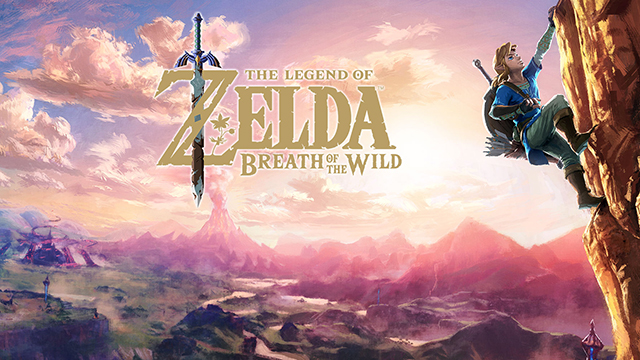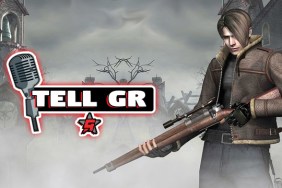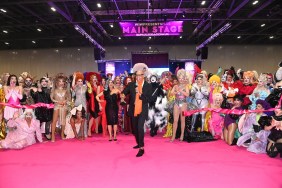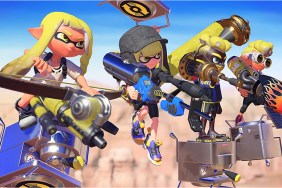Perhaps it’s due to the wide aperture between home console The Legend of Zelda titles, but most people remember precisely where they were when first experiencing each major entry. The often four-or-more year gaps between releases render Zelda more event than mere occurrence, seating itself firmly in your memory bank, positioned snugly alongside details like time, place, or key points of actualization and personal development. I could easily detail my own situation at the time of each major Zelda release, my powers of recollection amplified by the mere presence of a disk or cartridge soon to envelope my heart, mind, and daily experience for what usually amounts to quite a long while.
This is a sensation most Zelda fans know well, and attempts to mash square, pointed feelings into the round limitations of words are likely not worth anyone’s while. What I’m more interested in today are delays. Do you remember where you were and what you were doing when Breath of the Wild was delayed indefinitely back in 2015? Though disappointing back then, it’s a moment far less memorable, is it not? And yet, delays could not be more crucial when it comes to delivering the very Zelda experience we all expect. Given Breath of the Wild’s particularly bloated delay and subsequent massive critical success, I’d say this importance is more distinctly relevant to game making than ever.
Before moving on, I’d like to revisit Zelda overseer Eiji Aonuma’s official commitment to delaying Breath of the Wild. You can check out the video below.
There are lessons to be learned here about the merits of delays, but boiling it down to simply “delays are good” doesn’t quite capture it. By now Shigeru Miyamoto’s maxim about delayed games versus bad games is pretty well known, and yet what’s so fascinating about Breath of the Wild is that is actually transcends the intent of Miyamoto’s original philosophy, now so deeply ingrained in how Nintendo operates.
The long and short of the quote implies that a bad game can be saved from such with a delay. But what’s inferred by Mr. Aonuma in the video above is that Breath of the Wild was never bad. Rather, its developers discovered while working that it possessed rare potential to be not just good, not just truly great, but something of a paradigm shift. To use his words, “the ultimate and most complete Zelda game.”
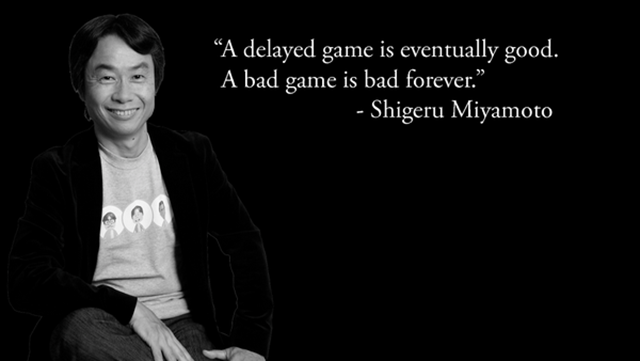
So what is the essence of a delay, truly? It’s very easy to look down the nose at publishers who don’t provide their studios with enough time to fully realize their creations. “Hey you jerks in suits, haven’t you seen Miyamoto’s quote? A rushed game is forever bad!” It’s simple and honest, and the more game makers adopt such credo, the better off the industry will be. But with Breath of the Wild, there’s really no comparable scenario. What we’re seeing is a game that, if general opinions hold, is seating itself as perhaps one of the finest ever created. When it comes to aggregating critical response, especially this generation, that’s no small feat.
What I find fascinating is the proximity of Zelda’s release to something like Horizon Zero Dawn. Guerilla’s creation is by most accounts excellent; it’s not a work you’d play and instantly think “huh, could’ve used a delay,” even if it does rely on a trope here and there, pepper its worldmap with icons, or posses occasional lines of dialogue you’d rather quickly forget. In addition, Horizon is arguably the most visually gorgeous home console experience created to date, and to be overshadowed so unequivocally by the toymaker auteurs who told us to dance around our living rooms with a Wii Remote must be equal parts irritant and utter, humbling inspiration. Both games deserve their due and, fanboy meltdown memes aside, chalking their differences up to a delay is probably disingenuous to both development teams.
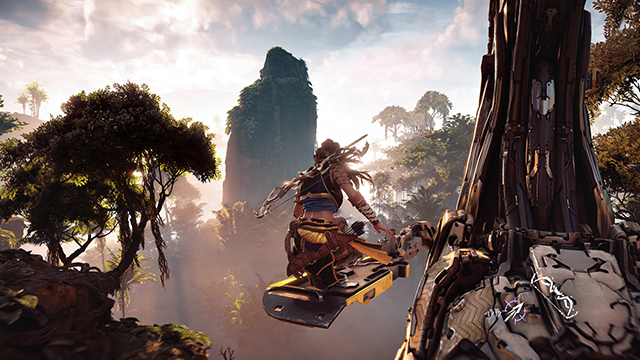
Still, the extra time devoted to Breath of the WIld cannot be ignored, and I suspect it calls for something of a differentiation between when a game is delayed and when its director receives an otherworldly transmission on what’s possible and adjusts how best to proceed. The stereotype that delays are essentially scrambles to rectify what clearly isn’t working has, I think, been shattered by Breath of the Wild, and it reminds that in the modern era of games, where more and more has been “done before” with each passing year, creating the next Ocarina of Time is not simply about tossing time, resources, man hours, or the most creative minds available at the problem. What it is about is vision, timing, commitment to an idea (or importantly, an ideal) and the accumulation of staff and talent over ten, twenty, and in some cases thirty years of franchise evolution.
So when people recite Miyamotonian doctrine about how delays make bad games good, they’re largely correct. But it’s a strategy with limits. To achieve what we’ve seen unfold over the last two days with Breath of the Wild, limitless time is just one ingredient. Perhaps as other gaming franchises reach their 20, 25, and 30-year anniversaries, we’ll begin to see more true watershed events the likes of which Breath of the Wild absolutely appears to be. But in the meantime today, tomorrow, and very likely the next several months are all about Nintendo. As they prove time and time again, it’s best not to underestimate them.

Check Out More The Legend of Zelda: Breath of the Wild Coverage:
